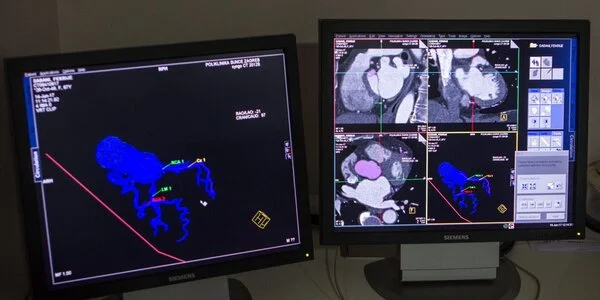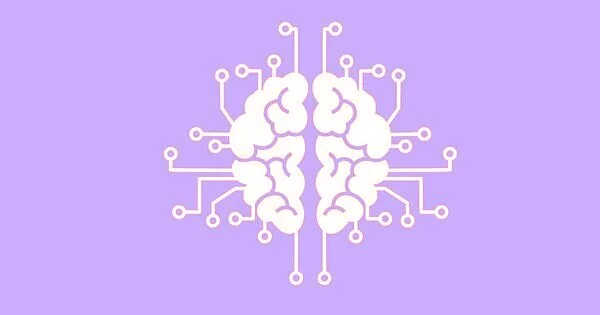Scientists at the University of Leeds have developed a novel technique for predicting cancer from patient data that does not compromise personal information. The researchers wanted to see if swarm learning, a type of AI, could be used to help computers predict cancer in medical images of patient tissue samples without releasing the data from hospitals.
A new method for using artificial intelligence to predict cancer from patient data that does not compromise personal information has been developed. Without releasing the data from hospitals, swarm learning can be used to assist computers in predicting cancer in medical images of patient tissue samples.
Artificial intelligence (AI) can analyze large amounts of data, such as images or trial results, and identify patterns that humans often miss, making it extremely useful in speeding up disease detection, diagnosis, and treatment. However, using the technology in medical settings is controversial due to the risk of accidental data release, and many systems are owned and controlled by private companies, giving them access to confidential patient data – and the responsibility for protecting it.
The researchers wanted to see if a type of AI known as swarm learning could be used to help computers predict cancer in medical images of patient tissue samples without releasing the data from hospitals.
We have demonstrated that swarm learning can be used in medicine to train independent AI algorithms for any image analysis task. This means that institutions can avoid the need for data transfer without giving up secure control of their data. Creating an AI system which can perform this task improves our ability to apply AI in the future.
Phil Quirke
In a local hospital or university, swarm learning trains AI algorithms to detect patterns in data, such as genetic changes within images of human tissue. The swarm learning system then sends this newly trained algorithm to a central computer, but without any local data or patient information. There, it is combined with algorithms generated in the same way by other hospitals to create an optimized algorithm. This is then returned to the local hospital and reapplied to the original data, improving the detection of genetic changes due to its more sensitive detection capabilities.
By undertaking this several times, the algorithm can be improved and one created that works on all the data sets. This means that the technique can be applied without the need for any data to be released to third-party companies or to be sent between hospitals or across international borders.

The researchers trained AI algorithms using data from three groups of patients from Northern Ireland, Germany, and the United States. The algorithms were tested on two large sets of data images generated at Leeds, and it was discovered that they successfully learned how to predict the presence of different subtypes of cancer in the images.
“We have demonstrated that swarm learning can be used in medicine to train independent AI algorithms for any image analysis task,” said Phil Quirke, Ph.D., a pathology professor at the University of Leeds’ School of Medicine. “This means that institutions can avoid the need for data transfer without giving up secure control of their data. Creating an AI system which can perform this task improves our ability to apply AI in the future.”
Jakob Nikolas Kather, Visiting Associate Professor in the School of Medicine at the University of Leeds and Researcher at the University Hospital RWTH Aachen, led the study. Professors Heike Grabsch and Phil Quirke from the University of Leeds’ School of Medicine were part of the team, as was Dr. Nick West.
“Based on data from over 5,000 patients, we were able to show that AI models trained with swarm learning can predict clinically relevant genetic changes directly from images of tissue from colon tumors,” Dr. Kather said.
“We have shown that swarm learning can be used in medicine to train independent AI algorithms for any image analysis task,” said Phil Quirke, Professor of Pathology at the University of Leeds’ School of Medicine. This means that institutions can avoid the need for data transfer without giving up secure control of their data. Developing an AI system capable of performing this task improves our ability to use AI in the future.”





